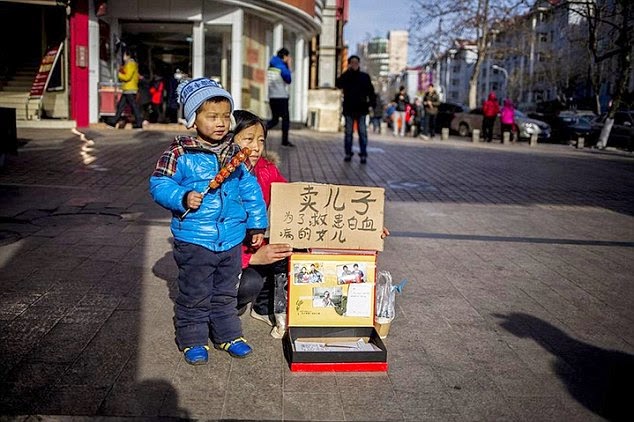
by Michael Woodhead
Despite claiming to have health insurance coverage of more than 90%, China has some of the highest levels of inequity in access to healthcare in the world, a new study shows.
A review of socioeconomic inequities in healthcare utilisation carried by by Dr Zhang Xin and colleagues at Harbin Medical University found that China fared very poorly compared to its neighbours such as Japan, South Korea and Thailand.
The study based on data from 2008, found huge differences in access to outpatient care based on income and even greater inequities for in-patient care. Chinese on low incomes were much less likely to be able to get hospital treatment compared to their compatriots on higher incomes, according to the findings published in the Asia-Pacific Journal of Public Health.
The researchers said their findings confirmed previous work that had shown that one in four poorer Chinese had been unable to get hospital treatment when they needed it because they could not afford it. Low income Chinese people with chronic and serious diseases were particularly badly affected by income disparities and lack of access to healthcare, they said.
They said that the New Rural Cooperative Medical Scheme introduced in 2003 had made a slight improvement to access to healthcare, but poor patients still missed out on needed treatment because of high gap fees, limits to insurance cover eligibility and high insurance fees.
Dr Zhang said most OECD countries had a relatively little inequity for healthcare access, especially those that had good primary care systems and free-at-the-point-of-care treatment.
“Despite growth in health insurance coverage, the challenge of perusing equitable pathways toward universal health coverage is still truly daunting task in China,” they concluded.
“Being poor and lacking the ability to pay additional out-of-pocket charges remains a significant barrier to access [to healthcare].”
